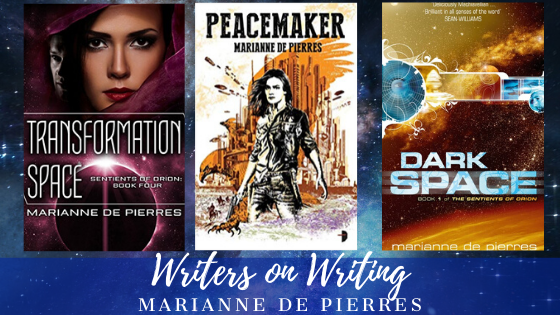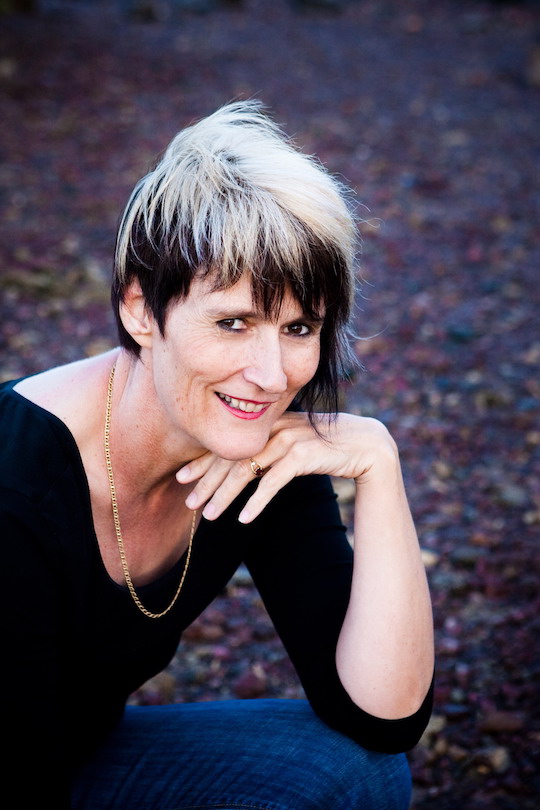
You write across a broad range of genres, including speculative fiction, crime and young adult fiction. What do you find particularly exciting about speculative fiction?
There is so much freedom in speculative fiction. To me, it’s a place where imagination can truly take flight. When I’m writing contemporary fiction, I find I have to constantly check myself against a set of rules and conventions that feel like a straight jacket. Speculative fiction allows the space to create fantastical worlds, new species (human and animal), play with time, and perception, be ‘meta’ without being pretentious, and invent language. What’s not to love about playing in that sandbox!
What are some techniques writers can employ to build a convincing world in speculative fiction?
Sounds a little boring, but logic is my first rule. Readers will go along for a ride into new world if the rules/reasons for the fantastic are plausible. And if they are implausible then there needs to be an explanation for it e.g. magic, and even magic has conventions and limits.
Also, I try to see my world through the characters’ eyes. This is a useful way to make sure you’re not overexplaining the detail. We don’t, for example, in contemporary fiction, explain a chair, unless it is unusual or covered in blood or something. It can be tempting to get carried away with the beautiful worlds we craft and spend more time on them than the story! I like to let my worldbuilding seep around and through my story.
Speculative fiction can comment on contemporary society, as well as provide a satisfying form of escapism from it. What do you see as the role of speculative fiction today?
Speculative fiction is both a responsive organ and playground for new ideas and solutions. And we need it in the world more than ever. Speculative fiction writers are constantly responding to their physical and social environments. Hence, for example, the growth of clifi.
On that topic (lol!), my PhD thesis looks at the conjectural and sometimes predictive nature of Fempunk (a sub-genre of feminist spec fic) and whether it explores new and alternative ways of ascribing gender and identity. The simple answer is ‘yes’. By extrapolation (but without research), I would surmise the same would apply to other sub genres.
Speculative fiction can be both harbinger, and solution architect. It can also be a helluva lot of fun!
Marianne de Pierres is the author of the popular Parrish Plessis trilogy and the award-winning Sentients of Orion and Peacemaker series. The Parrish Plessis series has been translated into ten languages and adapted into a role-playing game. Marianne has also authored children’s and young adult stories, notably the Night Creatures trilogy, a dark fantasy series for teens. She is an active supporter of genre fiction and has mentored many writers. Marianne also writes award-winning crime under the pseudonym Marianne Delacourt. Find her at mariannedepierres.com
Join award-winning author Marianne de Pierres for her workshop, Writing Speculative Fiction on Saturday 14 March, 10am-4pm at Writing NSW

